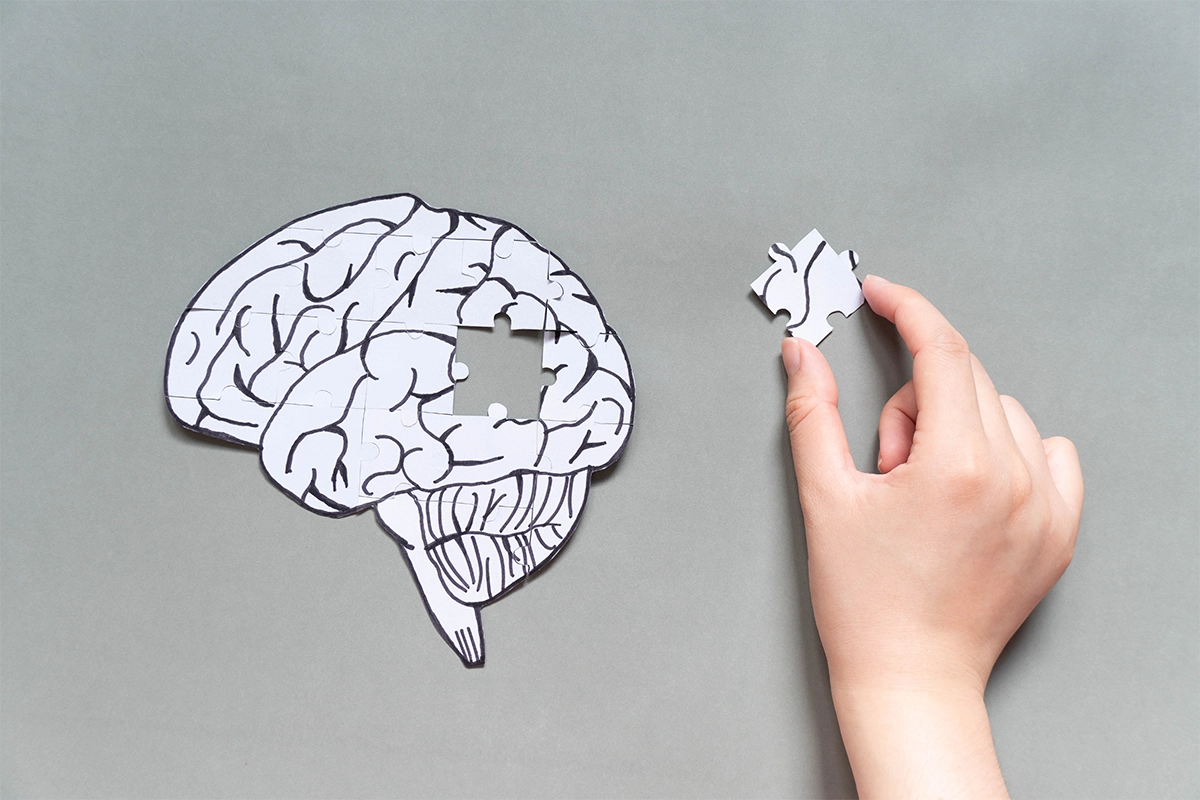What are co-occurring disorders? How does a mental health condition lead to substance abuse? Can substance abuse also cause mental health conditions? We will answer these questions in this article so that we can better understand what co-occurring disorders are.
Related article: What’s Stopping People from Seeking Addiction Treatment?
Knowing What Co-Occurring Disorders Are
People who went through episodes of depression, or survived a traumatic event, or grappled with anxiety and mood swings know what it feels like to want to escape such emotional pain. They want to subdue the seemingly unending anxiety, insomnia, despair, and feelings of hopelessness. Usually, the response to this is seeking the numbing effects of alcohol or drugs to find relief.
When the substance becomes abused for this self-medicating behaviour, it can become unmanageable. Addiction to drugs or alcohol can develop because of the physical dependence of the substance. When addiction adds to the mental health condition, then it becomes a more serious problem.
It is rather ironic that the substances usually consumed for self-medication actually make the symptoms of the condition worse. The substances do not mask or offer relief for the symptoms. Now that the person is faced with problems with drug or alcohol use and mental health issues, it results in co-occurring disorders. Without proper treatment, it leaves the person on a downward spiral. Their quality of life is diminished and their physical and mental health suffer.
But there is much hope for people who suffer from co-occurring disorders. There are rehab centres that offer dual diagnosis recovery programs. These programs can provide treatments that deal with both the addiction and the mental health condition. Going through such programs is an important step for people suffering from co-occurring disorders.

Understanding Comorbidity
The term comorbidity refers to individuals who struggle with addiction and also have a mental health problem. It is synonymous with co-occurring disorders and dual diagnosis. A recent survey stated that over 8 million people in North America suffer this struggle with drug or alcohol addiction and a comorbid disorder in their mental health. It means 25% of the people with addiction are also suffering from a co-occurring mental health issue.
When we’re thinking about the connection between substance abuse and mental health disorders, we mostly think of which of these two came first. Here are a couple of scenarios that can illustrate how comorbidity can develop.
When the Mental Health Disorder Came Before the Addiction
If the person has a mental health disorder like bipolar disorder, trauma recovery, anxiety disorder, or depression, they may take drugs or alcohol so that they can self-medicate and deal with unpleasant feelings. Over time, the tolerance to alcohol or drugs increases. What happens is that the person takes more drugs or drinks more alcohol to get the same effect as before. It then turns into a co-occurring disorder which is the addiction to drugs or alcohol.
When the Addiction Came Before the Mental Health Disorder
People who have become addicted or chemically-dependent on a particular substance may, in time, experience several negative consequences. These effects are directly related to their addiction. When the effects worsen, they may develop symptoms of anxiety or depression. It happens as a response to the additional stress that their addiction is causing them.
Whether mental health disorder or addiction comes first, it gives the same result. Without treatment, the addiction will make a person’s mental health disorder worse. In the same way, not treating a mental health condition can worsen the addiction to illicit substances.
How are Co-Occurring Disorders Treated?
The first step to getting better is to seek medical attention for the co-occurring disorders at an inpatient recovery program. See to it that they specialize in providing treatments for both addictions and mental health disorders. Such a rehab centre will have the expertise to develop treatment plans for people with a dual diagnosis. Treatment for co-occurring disorders include the following:
- Detox and Withdrawal Management – Detox is important to get the substance out of the body. It will be uncomfortable but withdrawal medications will be given to patients to address the discomfort of the symptoms of withdrawal.
- Medications – Patients may need medications so that the symptoms may become stable. Prescription drugs will address the patient’s mental health disorders. The healthcare providers may make use of Medication Supported Recovery along with the patient’s addiction recovery.
- Psychotherapy – One of the core elements for the treatment of co-occurring disorders is psychotherapy. Some of the best examples are Psychodynamic Therapy, Cognitive Behavioural Therapy and Dialectical Behaviour Therapy.
- Support Groups – The support of a community is highly essential for the successful recovery of people suffering from co-occurring disorders. Group therapy sessions are led by a healthcare provider such as a psychiatrist. It will be beneficial for patients to attend these sessions so that they can get encouragement and support from fellow patients who are also in their recovery journey.
- Learning Coping Skills – Patients will have the opportunity to learn about how they can better cope with stress. They will be taught how they can manage triggers in a healthy way. These skills are important because once they know what they can do when faced with problems, they won’t have to turn to substance use, thinking that that’s the only way they can deal with their issues.
- Holistic Therapies – There are so many types of therapies that patients can take full advantage of. For example, gardening therapy, art therapy, deep breathing, mindfulness, yoga, meditation, and others can help in regulating anxiety and stress. It can also make patients feel relaxed and more at ease.

Takeaway
If a loved one is suffering from co-occurring disorders, it is vital to give them the care and help that they need. Treatments for this condition are available. The treatment programs help patients maintain sobriety as well as teach them how they can manage their mental health condition.
To know more about how co-occurring disorders can be treated, call us today. Our friendly staff here at Addiction Rehab Toronto will be happy to answer your questions.
Related article: A.R.T-ful Wellness #5 “Mental Health and the Legal System”







